New Battery Chemistry and Up to 70 kWh: Popular American EV Gets a Major Update
Chevrolet Bolt EV to switch to LFP batteries, offering 60–70 kWh capacity.
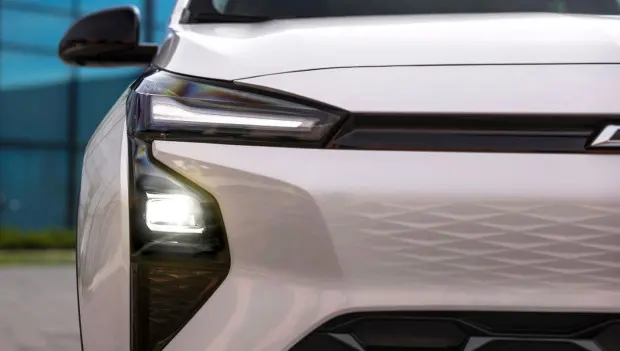
The next-generation Chevrolet Bolt EV, set to arrive as a 2027 model, will feature significant updates in design, features, and powertrain. According to SPEEDME.RU, the most notable change will be in the battery system. The electric crossover will come with a battery pack ranging from 60 to 70 kWh. For comparison, current Bolt EV and Bolt EUV models are equipped with a 65 kWh pack.
The main difference will be the shift to a new battery chemistry: instead of the nickel-cobalt-manganese-aluminum (NCMA) cells used in GM’s Ultium platform, the 2027 Bolt will use LFP (lithium iron phosphate) batteries. These cells are known for stability, longevity, and lower production costs, helping GM reduce capital expenditures. However, LFP batteries have lower energy density, which could affect driving range.
Initially, GM may source cells from Chinese manufacturer CATL, before localizing production in the U.S. — with a planned LFP battery plant in Tennessee set for 2027.
Interestingly, consumer surveys reveal mixed reactions: exactly 50% of respondents said they would buy a Bolt EV with Chinese-made batteries, while the other 50% said they would not. This highlights that the model’s future success will depend not only on price and specs but also on trust in the supply chain.
You may also be interested in the news:
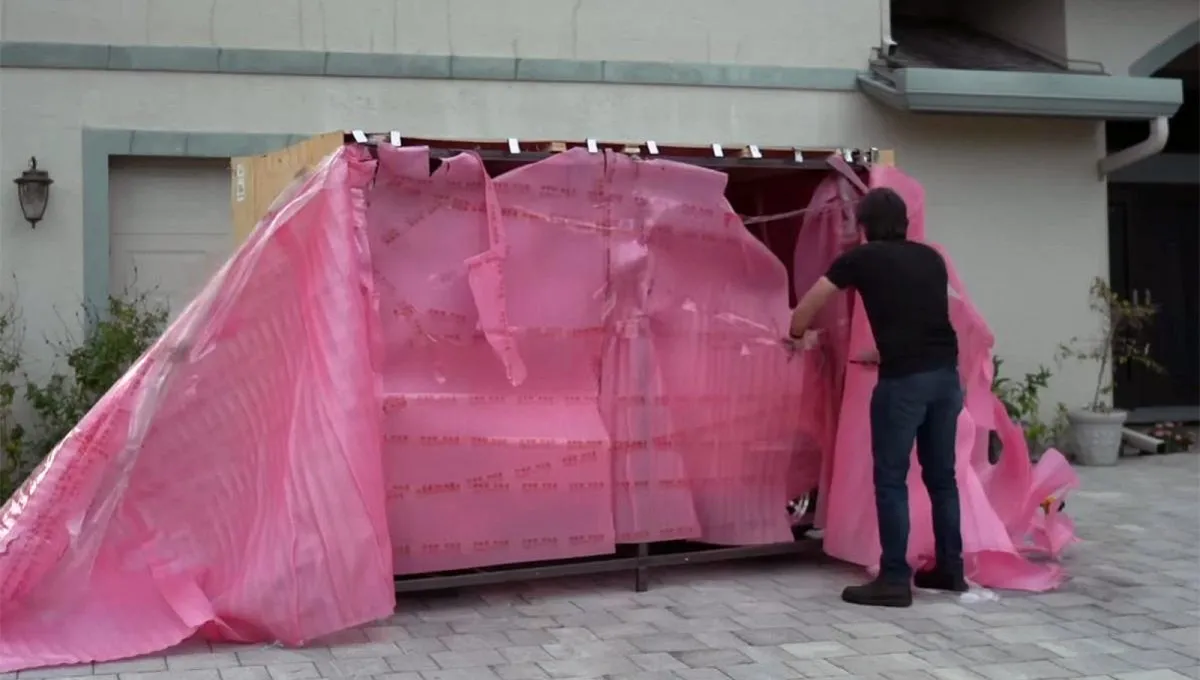
American Man Tests a Tiny Electric Car From China — and Is Shocked by How It Drives
This Chinese EV is smaller than a golf cart.
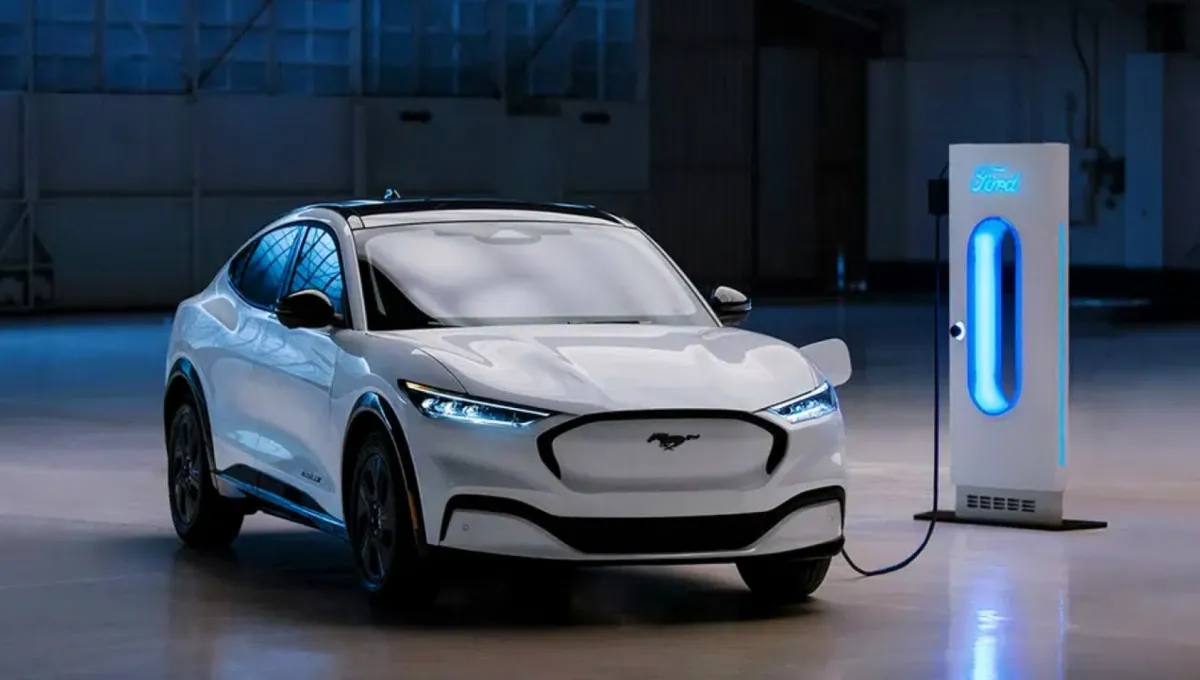
Are EVs Really More Reliable? Owners Are Complaining Less About Their Electric Cars
Analysts take a closer look at how satisfied electric vehicle owners are — and which models rank highest.
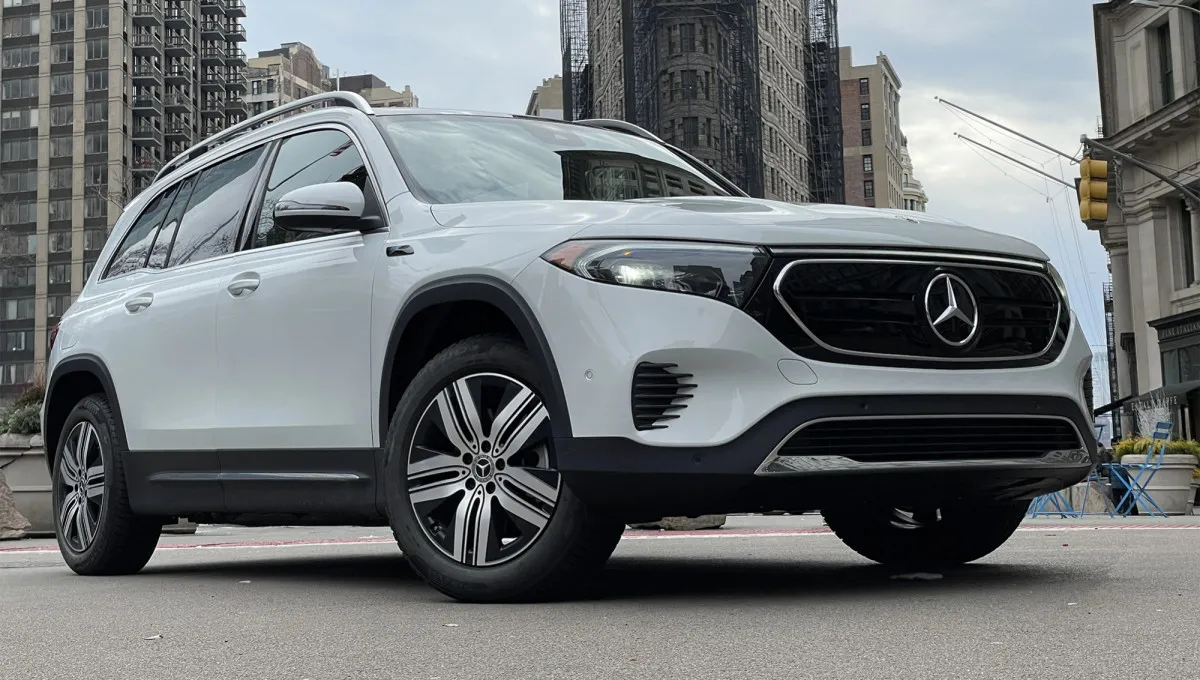
20,000 vehicles recalled by Mercedes-Benz: uncontrolled fire risk identified
Nearly 20,000 Mercedes-Benz EQA and EQB electric crossovers have been found to have issues with their traction batteries.
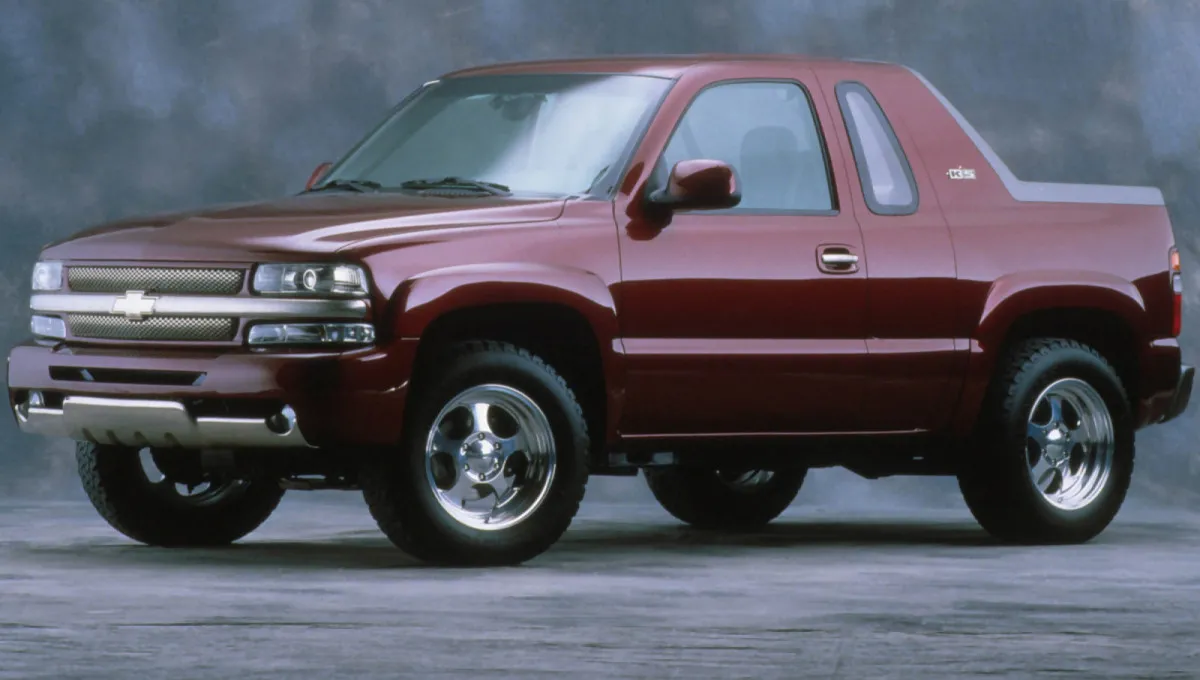
The Chevrolet K5 Blazer That Never Was: A 440-HP 6.0-Liter V8 Beast
Instead of today’s mainstream crossover, the Chevrolet Blazer could have evolved into a short-wheelbase monster powered by a 6.0-liter V8.
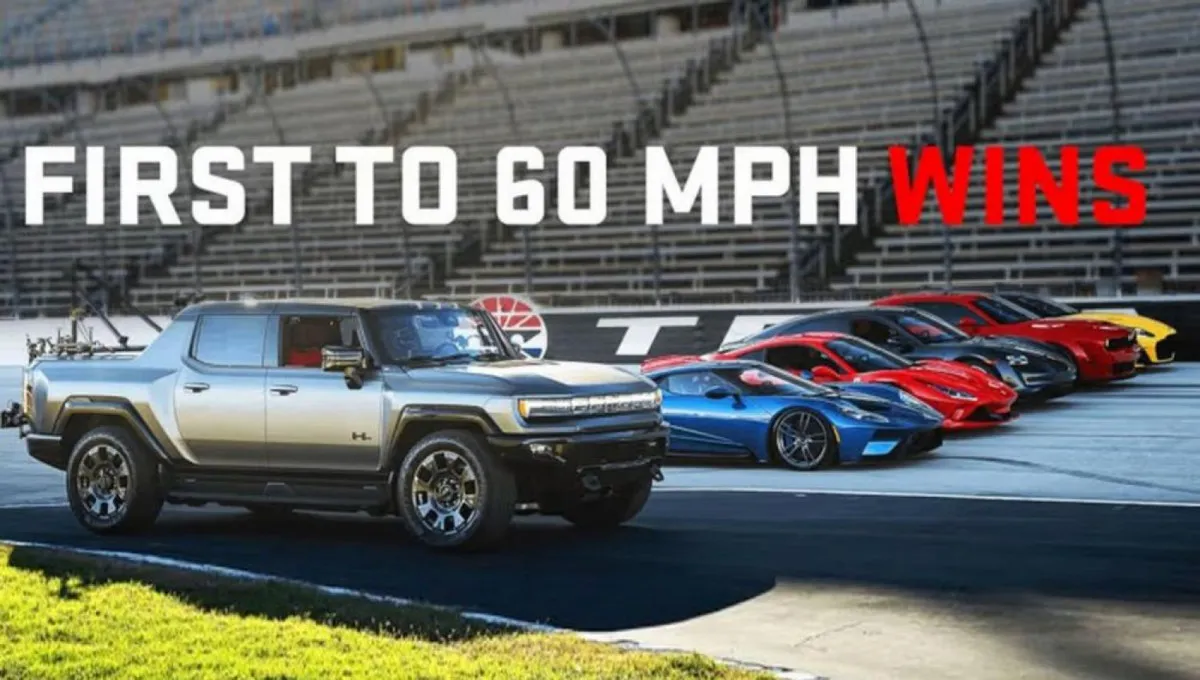
No One Saw This Coming: Three-Ton Hummer EV Outsprints Ferrari and Porsche
Yes, you read that right. The 2026 GMC Hummer EV Carbon Fiber Edition crushed five high-profile rivals at Texas Motor Speedway.